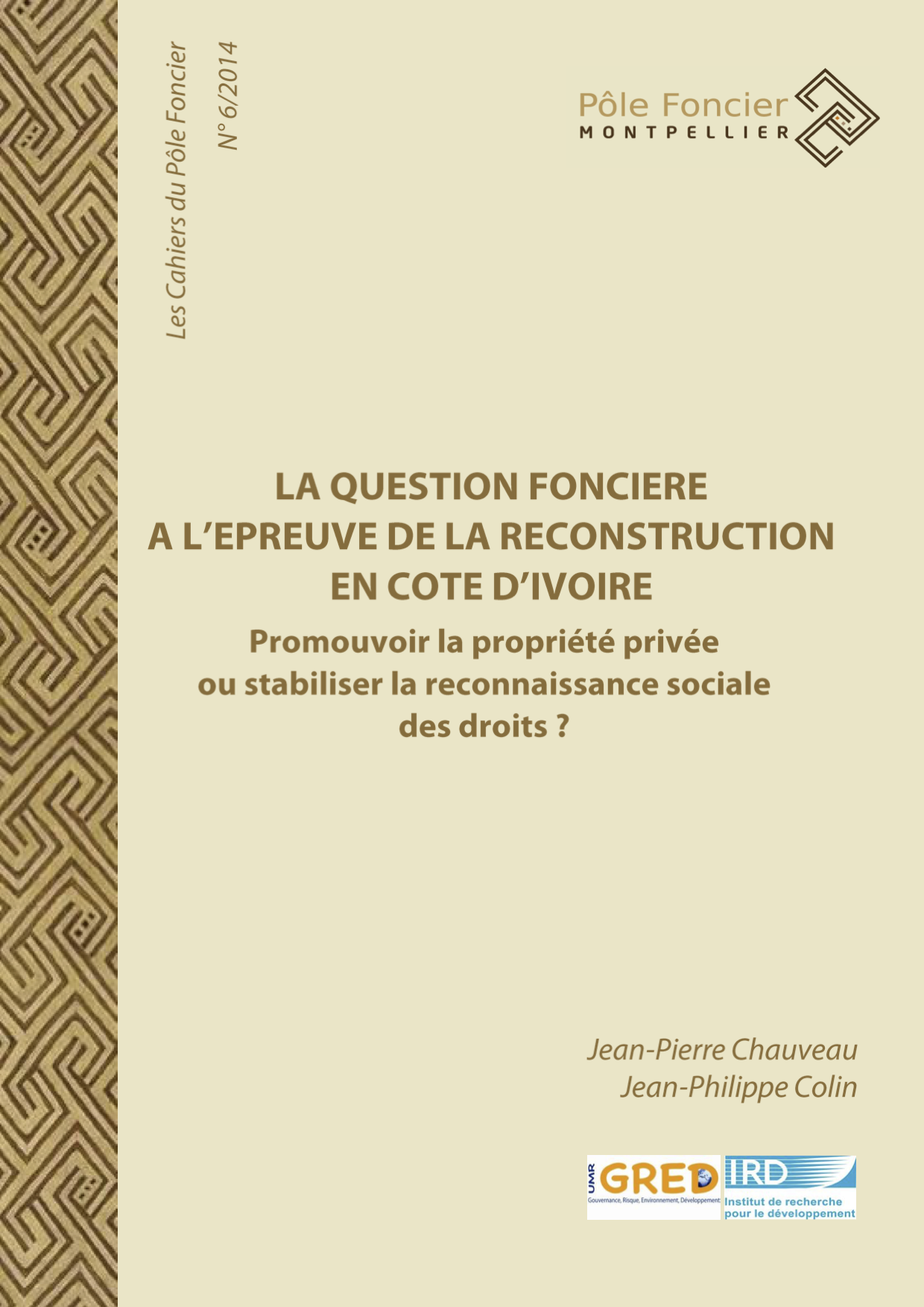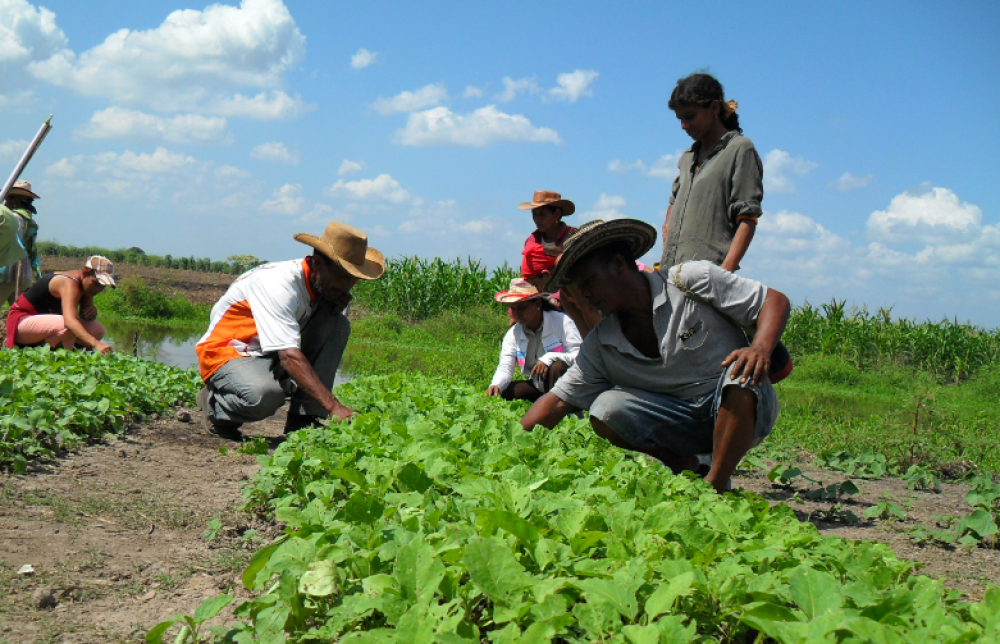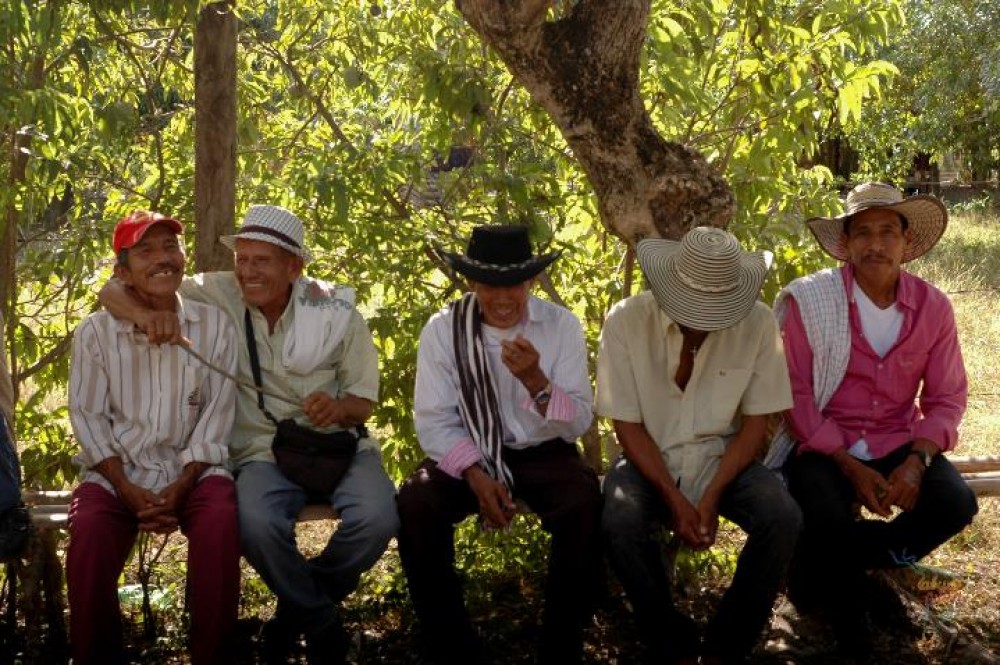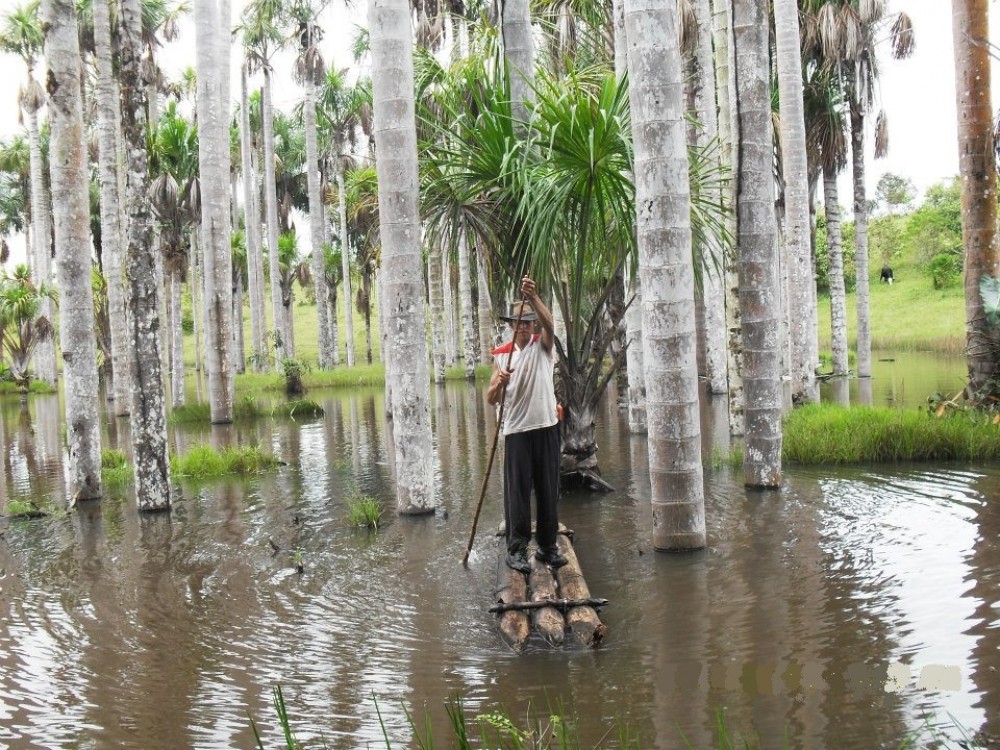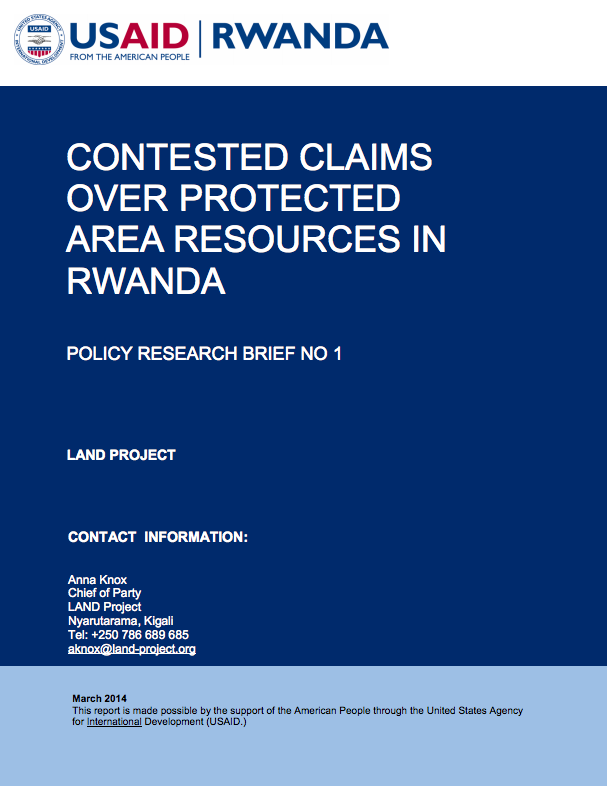Three Faces of Shafa. Land Ownership on Trial in Ningarhar
L’étude de Qasimabad, un district urbain, de Shahidano Meena, un district semi-urbain, et Achin à Shinwari, un district rural, dans la province de Ningarhar, permet d’analyser le rôle du shafa (droit coutumier et islamique du voisinage) dans l’accaparement foncier (land-grabbing) et, par extension, dans le développement tant urbain que rural.


